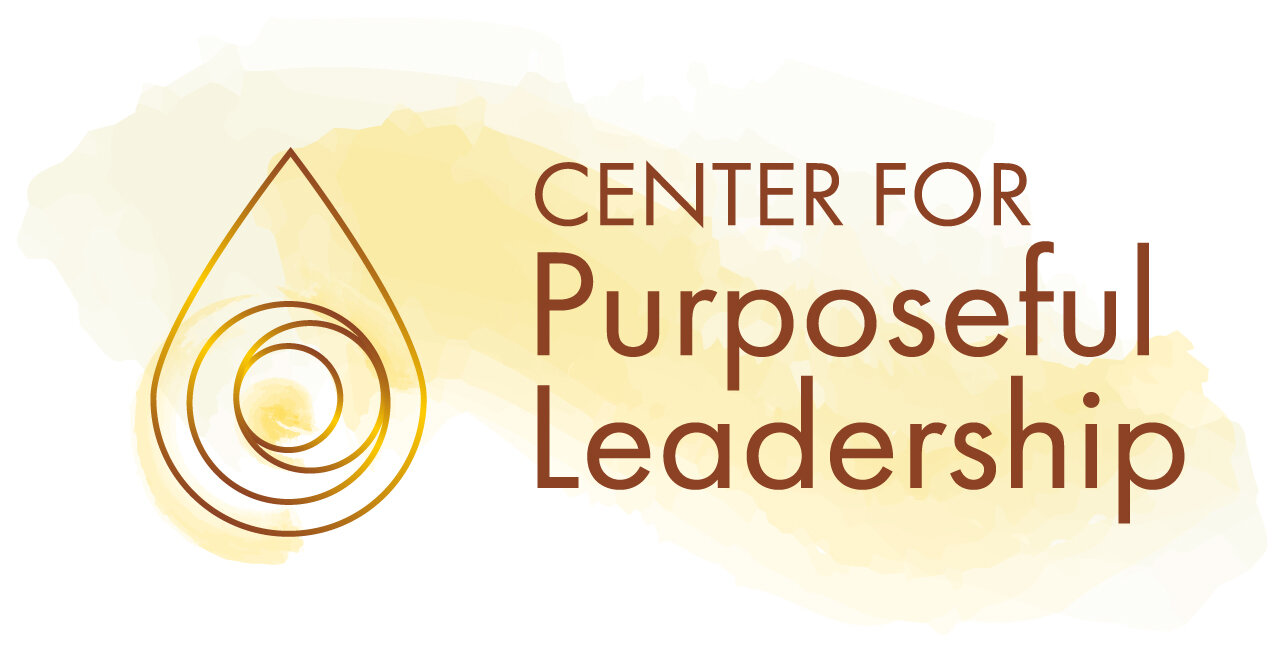Becoming a Resolutionary: Creating a Culture of Agreement
/photo credit: craig neal
“If we could read the secret history of our enemies, we should find in each [hu]man’s life sorrow and suffering enough to disarm all hostility.” —Henry Wadsworth Longfellow
High Performance: Creating a Culture of Agreement
My VisionHolder interview with Stewart Levine, a passionate "Resolutionary," went far beyond the topic of Conflict Resolution, to the discussion of how to create structures of intentional communication and behavior that can inform, enliven, and transform our relationships — whether between 2 people, a team, or within an organization of many.
Because most conflict is structural (the result of replicating patterns or habits), it is important to establish covenantal agreements* up front: a meeting of minds and heart.
"This creates a process that establishes the principles of engagement: an environment where people feel it’s safe to move their mindset."
*How do you create/what are covenantal agreements? in his writings, High Performance: Creating a Culture of Agreement, Download Levine-agreements.pdf Stewart speaks of two constructs for agreement that are effective for individuals and organizations:
- 10 elements of agreements for results the cycle of resolution.
Stewart credits some of this learning/thought formation to Bill Veltrop, The Infinite Games, an imaginal thinker, and long-time organizational change and transformation cheerleader.
Questions/reflections from the participants were enlightening:
- Looking at the broader view of Conflict Resolution: Does this help society in general? If you were to help the world, where would you take this? Where would you start?
- What is the role of forgiveness – how to encourage/facilitate?
- What about cultural differences? In some cultures, some might feel exposed by speaking of their feelings in a group.
- Establish covenantal agreements up front: This seems time consuming, impossible.
- You speak of new organizational structures vs. traditional ones, such as religion, as where the change is happening. Tell me more.
- What about the role of religion and fundamental thought?
- Different cultures: moving from outer space to inner space
- I'm curious about "the movement beneath the radar" that makes you hopeful about the possibility of creating culture shifting toward resolution vs. conflict.
- This is pertinent to my work in building my business. We're looking at the structures that will create a positive, healthy work environment.













